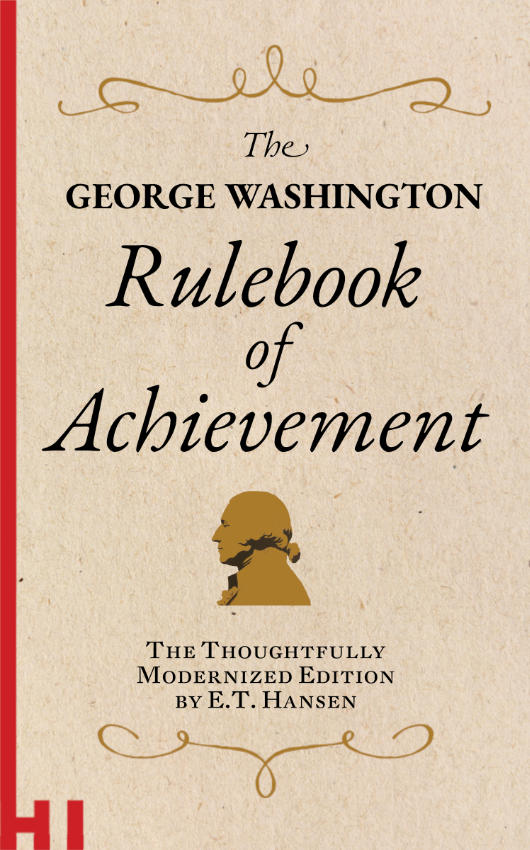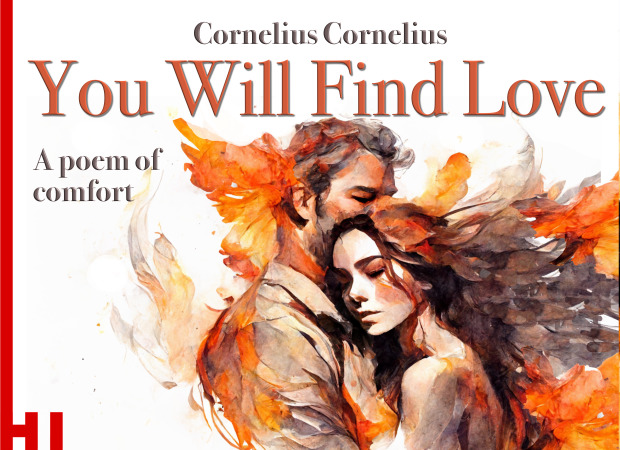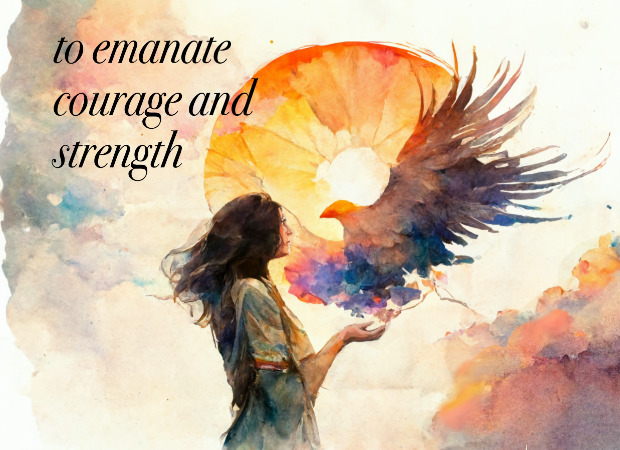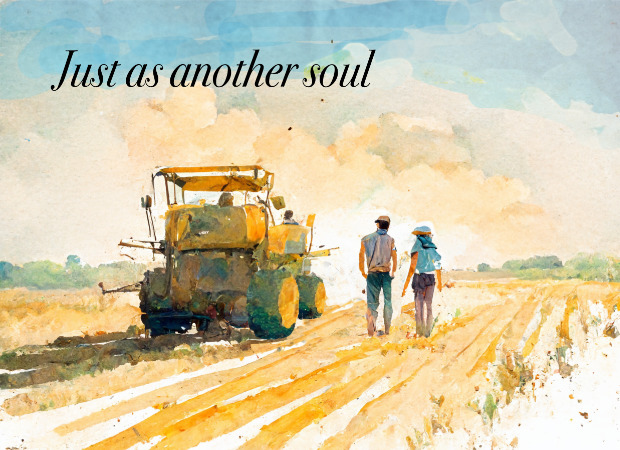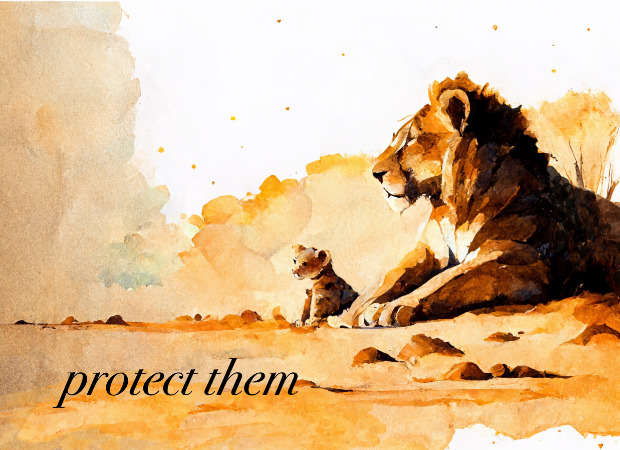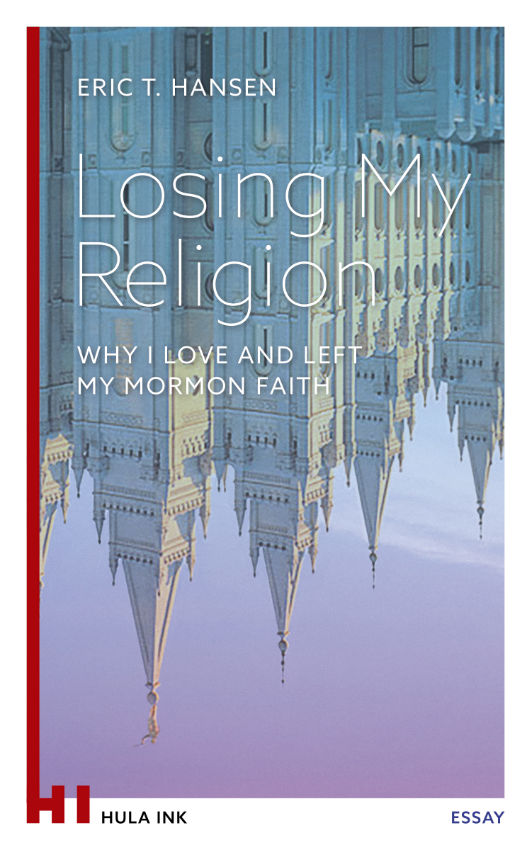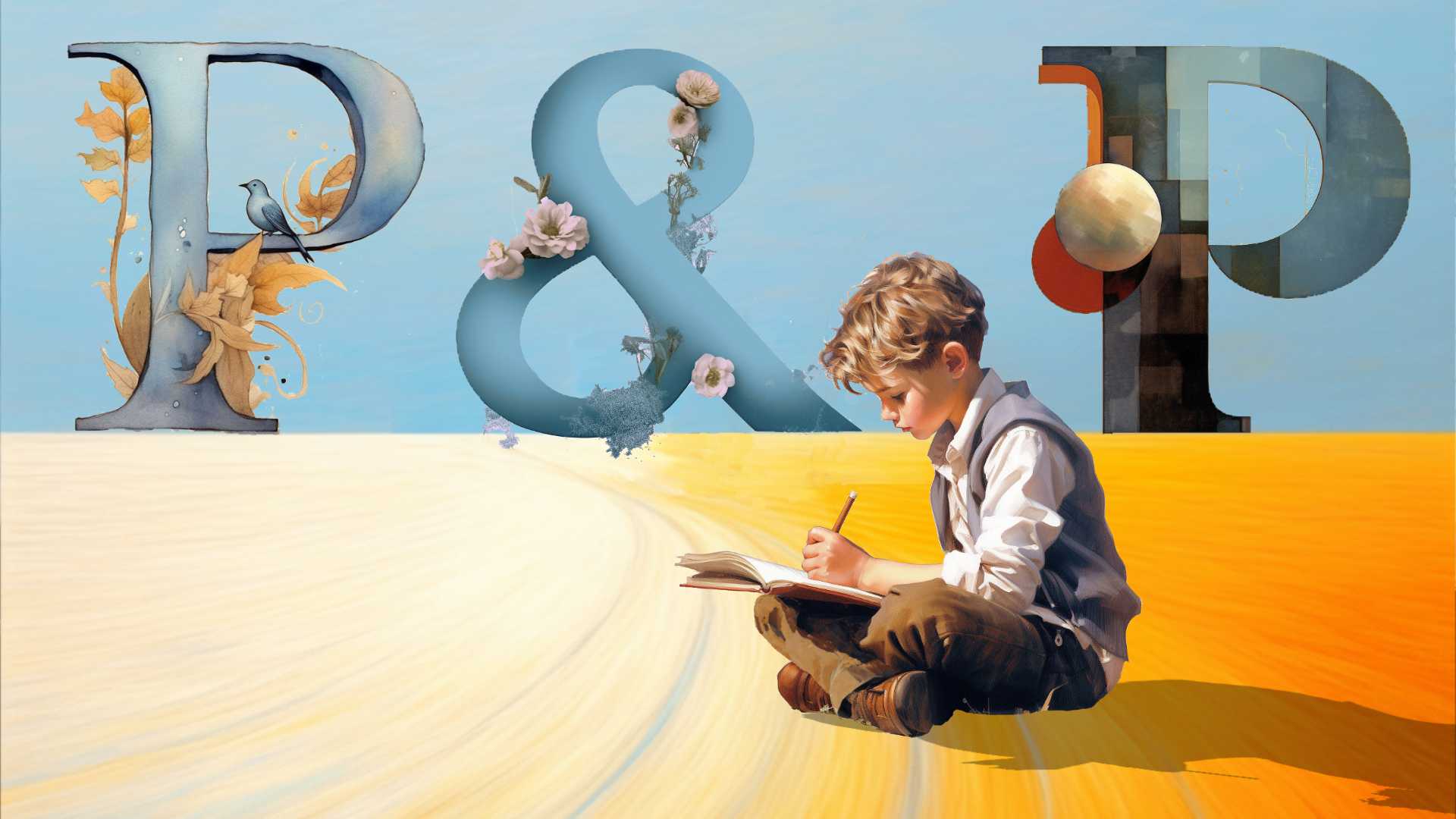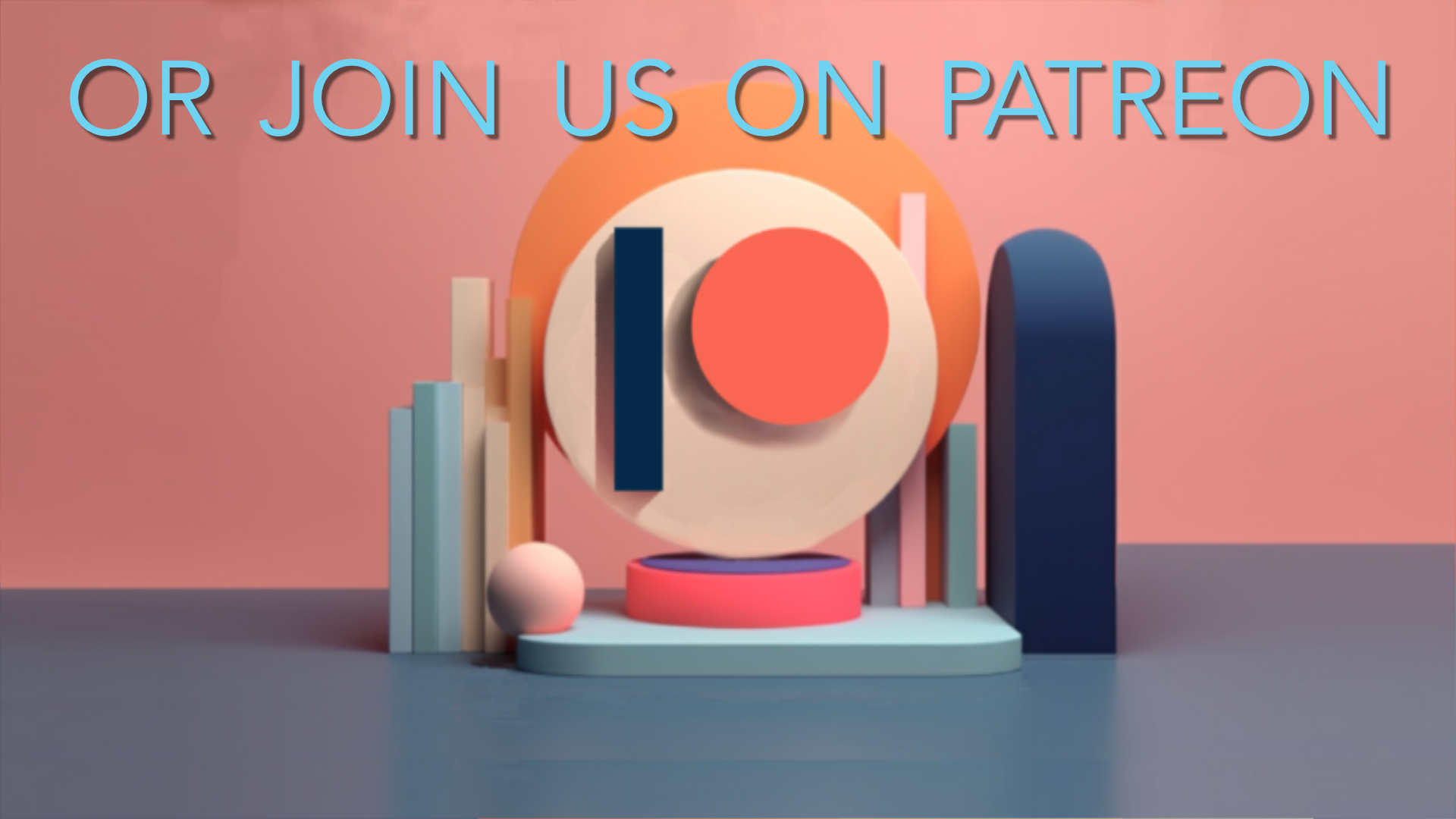Hula Ink Publishes Books
The Books of Hula Ink
Available on Amazon
The George Washington Rulebook of Achievement
We all have dreams and goals, but no one is born with what is necessary to achieve them.
Over time, we learn – from what our parents teach us, from self-help books and from great examples – what we need to become the man or woman capable of achieving our goals, but in the confusion of the daily struggle, we constantly lose sight of our goals and need to remind ourselves of them in times of quiet.
I wrote this book because I needed it:
I wanted a book that contained all the rules, examples, principles and cautions I had learned but needed reminding of. I wanted it them short and easy to comprehend, and preferably in a slim book I could keep in my back pocket and page through from time to time.
That book was already there – it was the book George Washington used in school to practice handwriting by copying out rules of etiquette, referred to today as “The Rules of Civility”
Those rules of behavior ranged from “Don’t pick food out of pot when it’s over the fire” to “Keep in your heart the flame of conscience always alive.”
Many rules were outdated and many principles developed over time by the self-help industry had not then existed – so I edited the book, modernizing and expanding it from 110 rules to 237. They range from rules of modern etiquette and social interaction like using your cell phone in public or arguing online, to rules regarding purpose and the soul, including good habits that must be trained, learning self-confidence and saying a prayer of gratitude every night.
This book is meant for people like me – and if you are, like me, a man or woman who strives to achieve something in life, but needs to change themselves first to become the person you want to be, this book is for you.
Available on Amazon
The George Washington Rulebook of Achievement
We all have dreams and goals, but no one is born with what is necessary to achieve them.
Over time, we learn – from what our parents teach us, from self-help books and from great examples – what we need to become the man or woman capable of achieving our goals, but in the confusion of the daily struggle, we constantly lose sight of our goals and need to remind ourselves of them in times of quiet.
I wrote this book because I needed it:
I wanted a book that contained all the rules, examples, principles and cautions I had learned but needed reminding of. I wanted it them short and easy to comprehend, and preferably in a slim book I could keep in my back pocket and page through from time to time.
That book was already there – it was the book George Washington used in school to practice handwriting by copying out rules of etiquette, referred to today as “The Rules of Civility”
Those rules of behavior ranged from “Don’t pick food out of pot when it’s over the fire” to “Keep in your heart the flame of conscience always alive.”
Many rules were outdated and many principles developed over time by the self-help industry had not then existed – so I edited the book, modernizing and expanding it from 110 rules to 237. They range from rules of modern etiquette and social interaction like using your cell phone in public or arguing online, to rules regarding purpose and the soul, including good habits that must be trained, learning self-confidence and saying a prayer of gratitude every night.
This book is meant for people like me – and if you are, like me, a man or woman who strives to achieve something in life, but needs to change themselves first to become the person you want to be, this book is for you.
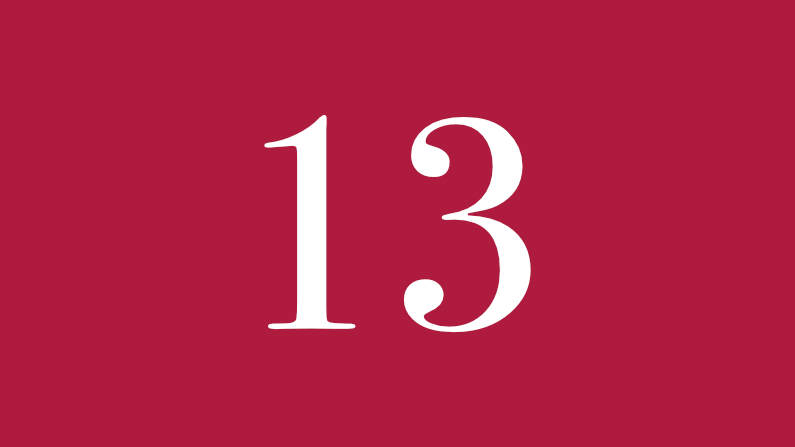
Do not read
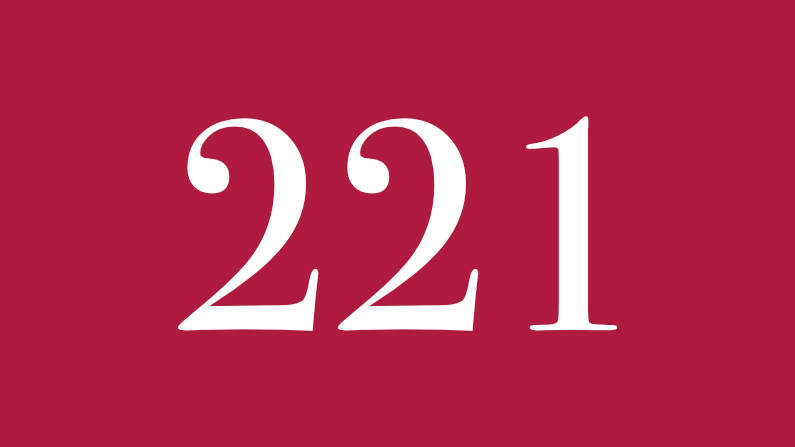
Every day, achieve
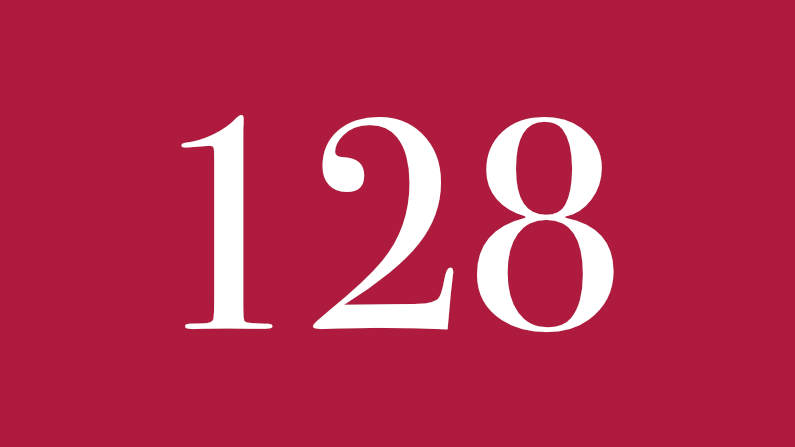
Know when
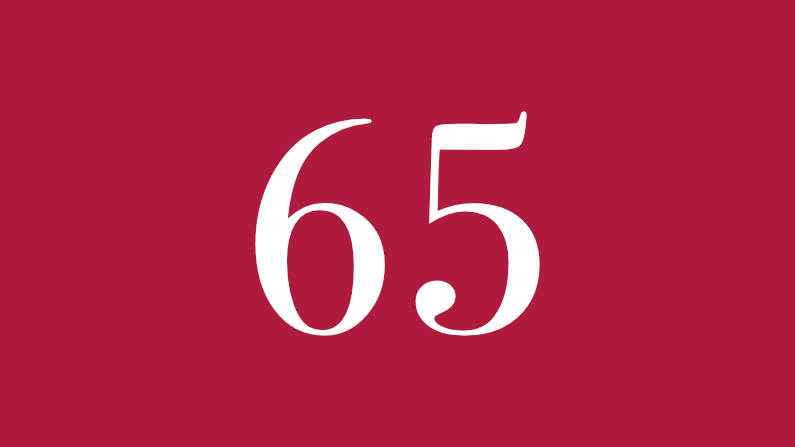
In debate

Do not imagine
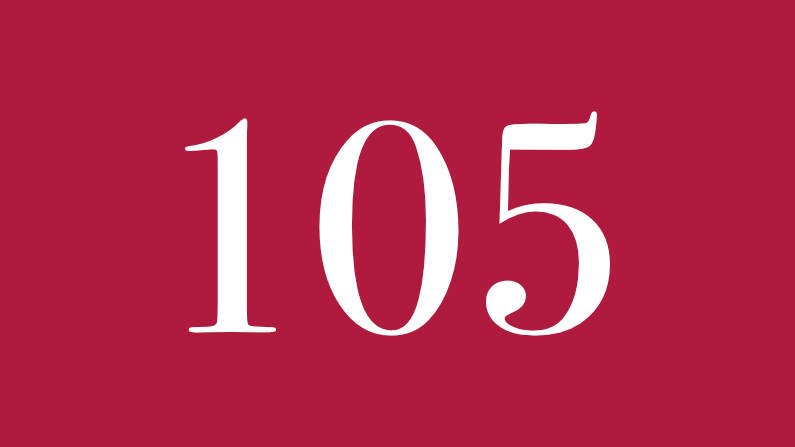
Establish routines
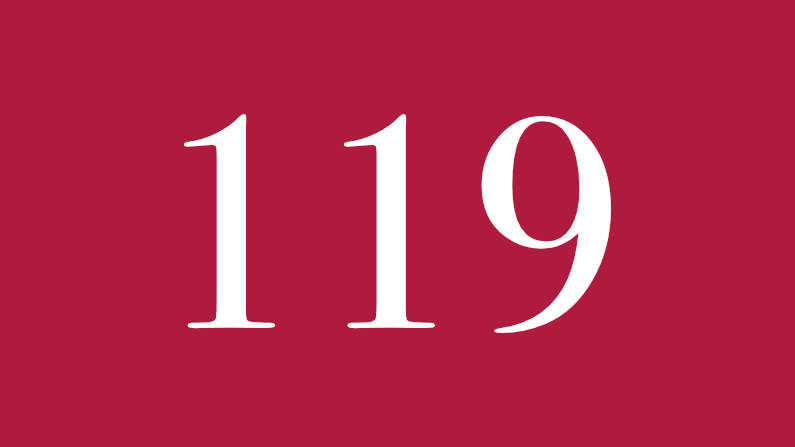
Know this

Forgive
The George Washington Rulebook of Achievement
You Will
Find Love
And yet we all fall upon times when there is no love in sight.
Digital artist and poet Cornelius Cornelius created this illustrated poem to reassure those who for a short time may now wander in despair that love will come to them – inevitably, inexorably, in its own time.
You will love this illustrated poem because it speaks a truth about love and life. If you give it as a gift to one who needs it, they will love it because they will know they are not alone.
One poem, 26 images. Available on Amazon.
Who is Cornelius Cornelius?
For Hula Ink, he has created the visual poem “You Will Find Love” and is working on more.
See more of his art.
You Will
Find Love
And yet we all fall upon times when there is no love in sight.
Digital artist and poet Cornelius Cornelius created this illustrated poem to reassure those who for a short time may now wander in despair that love will come to them – inevitably, inexorably, in its own time.
You will love this illustrated poem because it speaks a truth about love and life. If you give it as a gift to one who needs it, they will love it because they will know they are not alone.
One poem, 26 images. Available on Amazon.
Who is Cornelius Cornelius?
For Hula Ink, he has created the visual poem “You Will Find Love” and is working on more.
See more of his art.
The George Washington Rulebook of Achievement
Available on Amazon
Losing My
Religion
Eric T. Hansen was a Mormon missionary for two years in Germany and was a dedicated believer for much of his life.
Then his disillusionment – and the feeling that he was not living his own life – grew so much that he had to leave.
It was the hardest thing he ever did.
Now, many years later, he can look back and see more clearly the reasons he had to leave, but also the good things he left behind.
“Losing My Religion” is his personal story faith, it’s loss and the gaping hole it left behind, and his struggle to live a spiritually authentic life. It is also an honest and intimate look at the Mormon church – its dogmatism, its society-within-a-society, its history and its exceptional theology.
Eric T. Hansen explains the radicalism and genius of the Mormon church, but also tells how he lost his faith and what he gained instead.
Available on Amazon.com.
25 Things You Didn’t Know About the Mormons

A candid and thoughtful reflection on faith, reason, and art
– Kirkus Reviews

Remarkable
– BlueInk Review
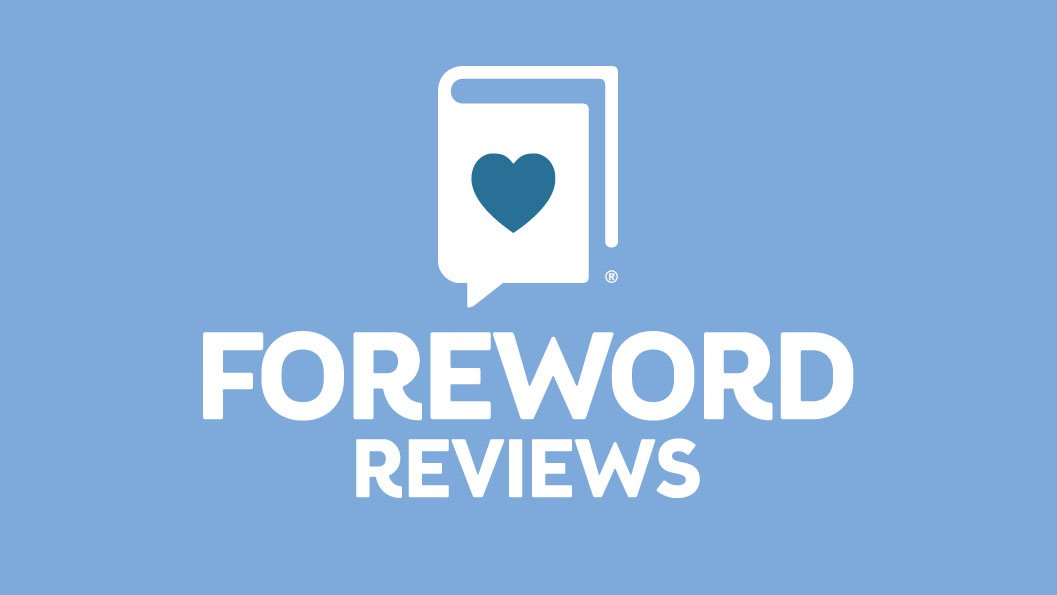
His observations on faith and doubt are compelling
– Foreword Reviews

Enthralling
– B2 Radio, Katholische Welten
Chapter 1
The Black Pit
Krefeld is a beautiful, clean little German town between the Rhine and the Dutch border. I had come here on a two-year mission for the Mormon church, in which I was raised and in which I believed. My job was to knock on doors and hand out pamphlets to strangers in an attempt to get them interested in the faith I loved so much that I was willing to sacrifice two years of my life in a foreign country to share it with the world. It was the early eighties, I was nineteen and this was the first time I had been away from home for an extended period.
The man who taught me about death seemed like a nice guy at first. Young, thin, well groomed, intelligent, probing eyes. We met on the street. My missionary companion and I offered him a pamphlet about the church and we talked a while.
He said he wanted to hear more. He invited us to come to his apartment a week later. He said he wanted to read up a little first.
When we arrived, he was prepared. He sat us down on his couch and started talking. We had expected to do the talking. He had spent the week reading up on everything he could find about the Mormons, and for two hours he explained to us in excruciating detail everything that was wrong with Mormonism.
He started with Joseph Smith, the 19th century church founder, and his many sins, mainly his multiple wives, some of whom were underage when he used his authority as self-proclaimed “prophet” to pressure them into marrying him; some were already wives of other men at the time.
He went on to the bloody Mountain Meadows Massacre, in which Mormons slaughtered over a hundred unarmed men, women and children.
He explained why the Book of Mormon was a fraud, how the rites of the Mormon temple were stolen from the Freemasons, and more. Much more.
For the first half hour or so, I took it. When you believe in something like I believed in the church, you can accept a lot of contradictions without wincing.
Think of the Catholics and the virgin birth. Catholics aren’t dumb. They know there is no such thing, but it doesn’t contradict their faith because faith stands above mundane biology.
For me, it was the theory of evolution. I was raised to take science seriously. It was never questioned in our household. For many people, evolution contradicts God, for us it didn’t.
On the contrary, we often speculated on how God must have used evolution to create life on earth. Surely, God too has to utilize the laws of nature to do what he does. It was easy for me to get past the theory of evolution and still believe.
It should have been easy for me to get past what this man was telling us, too.
Okay, Joseph Smith lied about having more than one wife. So what? Mormons killed innocent civilians in the heat and confusion of the mid-19th century Mormon Wars. Do you know how many deaths the Catholic Church directly and indirectly caused in its history?
These are horrible things, but they don’t disprove faith.
And this man presented them in bulk. It was endless. He made the church seem like it was invented by the Devil himself.
After an hour or so of fighting off his attack, we just sat there, dumbfounded, and took the battering he gave us. Nothing in the world was as bad as the Mormons. By comparison, the witch hunts, the Inquisition and the Crusades were almost positive. After all, the Inquisition and the Crusades had ended, but the perpetration of the delusions upon millions of people all over the world by the Mormon church continues to this day.
The blast of hatred was too strong; the doubts he awoke in us came too fast and were too many for us to beat back. In the end, he was victorious.
I remember shaking his hand, thanking him politely for the pleasant talk, assuring him that there are answers to all the questions he posed, walking out of that apartment, down the street and crossing a large parking lot behind the open-roofed shopping mall the Germans call a Fussgängerzone, or “pedestrian zone.”
That’s when it hit me.
I had to stop. I felt weak. For the first time in my life I seriously considered the idea that the church might be a fraud: If even half – no, if even a third of his claims were true, how could I stay in this church?
But it was even more than that: If this church was not true in all it pretended to be, then no church was true, no religion was true, and ultimately God did not exist.
I understood the final consequence immediately: If my faith was a lie, then death was not a step into a new stage of life, but a step into nothingness.
In that moment the parking lot seemed to open up beneath me into a bottomless pit, and I saw what I had never seen before:
Without the church, without God, without faith, death is an endless black hole from which nothing can escape, not life, not love, not humanity, not meaning.
And certainly not I.
I have never felt so alone, before or since. I have never felt so vulnerable. I have never been so overwhelmed by raw meaninglessness. The sun seemed to turn black in the sky, it felt like I was walking home in darkness in the middle of the day.
I never did recover, not fully.
In a few days I got back to the point where I could function. I was eventually able to recognize that the young man had wanted to hurt us. He simply loved destroying things that were important to other people. There is a part of our culture that celebrates what Germans call Rechthaberei – being right. If you can prove someone else wrong, you are superior. That’s all he was doing.
But I had already seen the black pit. I could not unsee it. That vision would never go away. I still see it today.
I didn’t know it then, but that was the beginning of the end of my faith.
Available on Amazon
Losing My
Religion
Eric T. Hansen was a Mormon missionary for two years in Germany and was a dedicated believer for much of his life.
Then his disillusionment – and the feeling that he was not living his own life – grew so much that he had to leave.
It was the hardest thing he ever did.
Now, many years later, he can look back and see more clearly the reasons he had to leave, but also the good things he left behind.
“Losing My Religion” is his personal story faith, it’s loss and the gaping hole it left behind, and his struggle to live a spiritually authentic life. It is also an honest and intimate look at the Mormon church – its dogmatism, its society-within-a-society, its history and its exceptional theology.
Eric T. Hansen explains the radicalism and genius of the Mormon church, but also tells how he lost his faith and what he gained instead.
Available on Amazon.com.
25 Things You Didn’t Know About the Mormons

A candid and thoughtful reflection on faith, reason, and art
– Kirkus Reviews

Remarkable
– BlueInk Review

His observations on faith and doubt are compelling
– Foreword Reviews

Enthralling
– B2 Radio, Katholische Welten
Chapter 1
The Black Pit
Krefeld is a beautiful, clean little German town between the Rhine and the Dutch border. I had come here on a two-year mission for the Mormon church, in which I was raised and in which I believed. My job was to knock on doors and hand out pamphlets to strangers in an attempt to get them interested in the faith I loved so much that I was willing to sacrifice two years of my life in a foreign country to share it with the world. It was the early eighties, I was nineteen and this was the first time I had been away from home for an extended period.
The man who taught me about death seemed like a nice guy at first. Young, thin, well groomed, intelligent, probing eyes. We met on the street. My missionary companion and I offered him a pamphlet about the church and we talked a while.
He said he wanted to hear more. He invited us to come to his apartment a week later. He said he wanted to read up a little first.
When we arrived, he was prepared. He sat us down on his couch and started talking. We had expected to do the talking. He had spent the week reading up on everything he could find about the Mormons, and for two hours he explained to us in excruciating detail everything that was wrong with Mormonism.
He started with Joseph Smith, the 19th century church founder, and his many sins, mainly his multiple wives, some of whom were underage when he used his authority as self-proclaimed “prophet” to pressure them into marrying him; some were already wives of other men at the time.
He went on to the bloody Mountain Meadows Massacre, in which Mormons slaughtered over a hundred unarmed men, women and children.
He explained why the Book of Mormon was a fraud, how the rites of the Mormon temple were stolen from the Freemasons, and more. Much more.
For the first half hour or so, I took it. When you believe in something like I believed in the church, you can accept a lot of contradictions without wincing.
Think of the Catholics and the virgin birth. Catholics aren’t dumb. They know there is no such thing, but it doesn’t contradict their faith because faith stands above mundane biology.
For me, it was the theory of evolution. I was raised to take science seriously. It was never questioned in our household. For many people, evolution contradicts God, for us it didn’t.
On the contrary, we often speculated on how God must have used evolution to create life on earth. Surely, God too has to utilize the laws of nature to do what he does. It was easy for me to get past the theory of evolution and still believe.
It should have been easy for me to get past what this man was telling us, too.
Okay, Joseph Smith lied about having more than one wife. So what? Mormons killed innocent civilians in the heat and confusion of the mid-19th century Mormon Wars. Do you know how many deaths the Catholic Church directly and indirectly caused in its history?
These are horrible things, but they don’t disprove faith.
And this man presented them in bulk. It was endless. He made the church seem like it was invented by the Devil himself.
After an hour or so of fighting off his attack, we just sat there, dumbfounded, and took the battering he gave us. Nothing in the world was as bad as the Mormons. By comparison, the witch hunts, the Inquisition and the Crusades were almost positive. After all, the Inquisition and the Crusades had ended, but the perpetration of the delusions upon millions of people all over the world by the Mormon church continues to this day.
The blast of hatred was too strong; the doubts he awoke in us came too fast and were too many for us to beat back. In the end, he was victorious.
I remember shaking his hand, thanking him politely for the pleasant talk, assuring him that there are answers to all the questions he posed, walking out of that apartment, down the street and crossing a large parking lot behind the open-roofed shopping mall the Germans call a Fussgängerzone, or “pedestrian zone.”
That’s when it hit me.
I had to stop. I felt weak. For the first time in my life I seriously considered the idea that the church might be a fraud: If even half – no, if even a third of his claims were true, how could I stay in this church?
But it was even more than that: If this church was not true in all it pretended to be, then no church was true, no religion was true, and ultimately God did not exist.
I understood the final consequence immediately: If my faith was a lie, then death was not a step into a new stage of life, but a step into nothingness.
In that moment the parking lot seemed to open up beneath me into a bottomless pit, and I saw what I had never seen before:
Without the church, without God, without faith, death is an endless black hole from which nothing can escape, not life, not love, not humanity, not meaning.
And certainly not I.
I have never felt so alone, before or since. I have never felt so vulnerable. I have never been so overwhelmed by raw meaninglessness. The sun seemed to turn black in the sky, it felt like I was walking home in darkness in the middle of the day.
I never did recover, not fully.
In a few days I got back to the point where I could function. I was eventually able to recognize that the young man had wanted to hurt us. He simply loved destroying things that were important to other people. There is a part of our culture that celebrates what Germans call Rechthaberei – being right. If you can prove someone else wrong, you are superior. That’s all he was doing.
But I had already seen the black pit. I could not unsee it. That vision would never go away. I still see it today.
I didn’t know it then, but that was the beginning of the end of my faith.
Losing My Religion – Why I Love and Left My Mormon Faith
What you will get from Substack or Patreon
You will find our Substack newsletter valuable if you are:
– searching for purpose and meaning, or want to become a person capable of achieving something in life; or
– if you write or want to enhance your creativity and understanding of life through writing.
In our free section,
you will find the lessons and insights I have learned in my life and am still learning today:
– from 60 years of life as an outsider in two cultures and on two continents – as a haole in Hawaii and an Ami in Germany;
– from my quest to find purpose, meaning as spirituality, and the truth about the confused world we live in;
– from my fight with depression and life with ADHD;
– from my study of the great books and poetry of the great thinkers in history.
Our exclusive section
is for writers and those learning to write – in it, you will find:
– practical lessons on the craft of storytelling;
– tips on how to enhance your creativity and find meaning and purpose in life through writing;
– my experiences in the world of professional writing, but also as one who explores life through writing.
This exclusive content, "Writing is a Sacred Act," is available to both my Substack subscribers and my supporters on Patreon.
If you are someone who consciously thinks about their lives and the world they live in;
if you are driven by a desire to create or achieve;
if you write or are learning to write,
you will love this newsletter.
Subscribe now!
What you will get from Substack or Patreon
You will find our Substack newsletter valuable if you are:
– searching for purpose and meaning, or want to become a person capable of achieving something in life; or
– if you write or want to enhance your creativity and understanding of life through writing.
In our free section,
you will find the lessons and insights I have learned in my life and am still learning today:
– from 60 years of life as an outsider in two cultures and on two continents – as a haole in Hawaii and an Ami in Germany;
– from my quest to find purpose, meaning as spirituality, and the truth about the confused world we live in;
– from my fight with depression and life with ADHD;
– from my study of the great books and poetry of the great thinkers in history.
Our exclusive section
is for writers and those learning to write – in it, you will find:
– practical lessons on the craft of storytelling;
– tips on how to enhance your creativity and find meaning and purpose in life through writing;
– my experiences in the world of professional writing, but also as one who explores life through writing.
This exclusive content, "Writing is a Sacred Act," is available to both my Substack subscribers and my supporters on Patreon.
If you are someone who consciously thinks about their lives and the world they live in;
if you are driven by a desire to create or achieve;
if you write or are learning to write,
you will love this newsletter.
Subscribe now!
